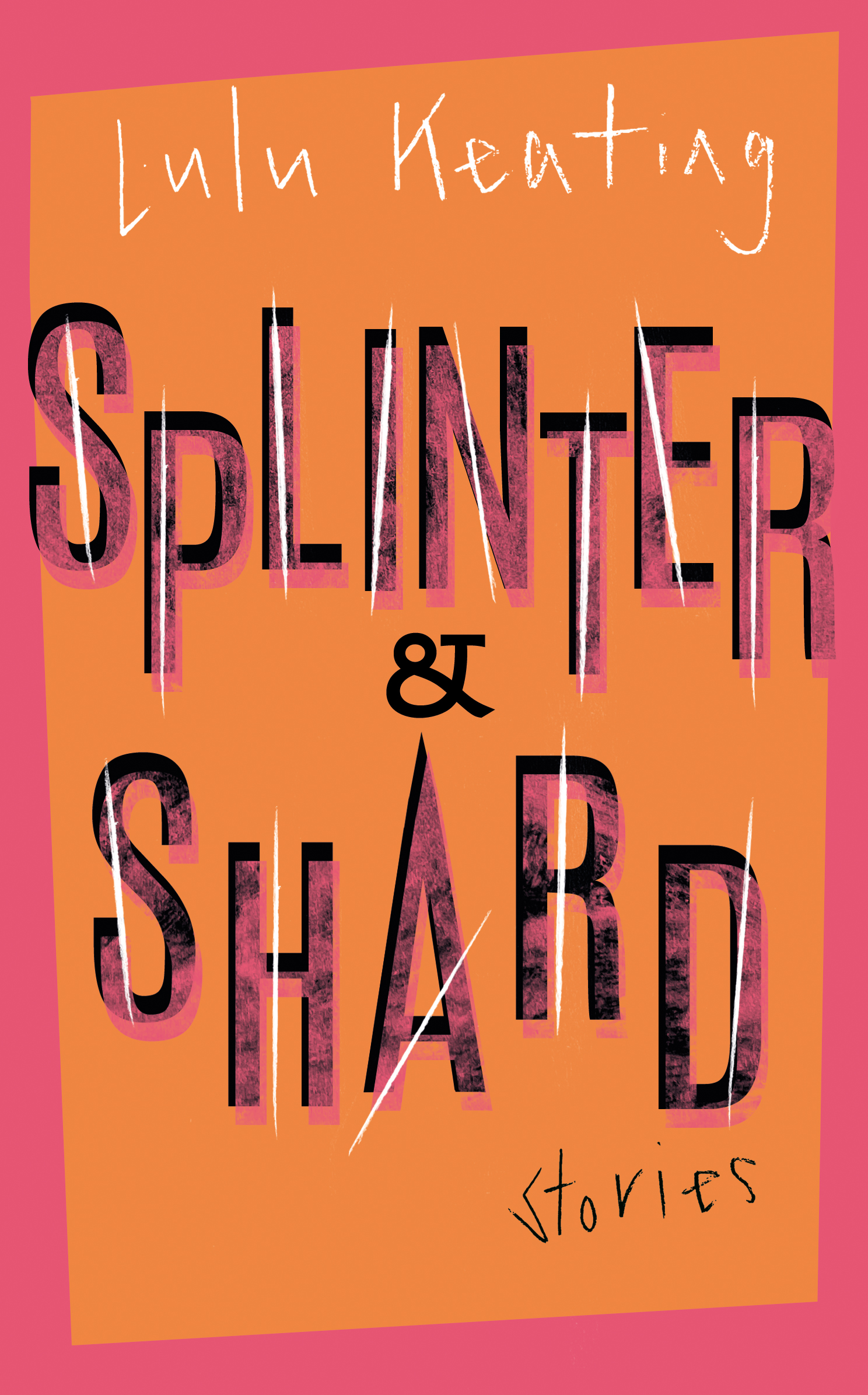Splinter & Shard: Stories
by Lulu Keating
ECW Press
192 pages
$25
Splinter & Shard: Stories by Canadian author and award-winning TV and film director, Lulu Keating, is her debut collection of short stories about the human experience, in which she translates the vivid aspects of the TV and film medium into her writing. Set mostly in Nova Scotia where she was born, and Dawson City, Yukon, where she resides, the stories range from flash fiction to character studies.
One of Keating’s strengths as a writer is her ability to show the complexity of her characters in one or two sentences. This is especially evident in the standout story, “Forgiveness in Four Acts,” which follows Bernice, a widow who learns about a terrible secret involving two of her children during a trip across Canada. This story elicited a visceral reaction from me in response to Bernice’s thoughts, beliefs, and how she reacts to the secret—a testament to how Keating approaches characterization in her writing.
Throughout the first three acts, Bernice comes off as entitled, expecting the world to revolve around her. She feels she deserves more respect for all the labour she provided as both a devoted wife and mother of eight. Bernice also shows favouritism toward her children, such as in act two when she believes one of her children isn’t deserving of her. In some ways, it paints her in a negative light. However, act four offers the reader a chance to feel empathetic toward Bernice:
Does she miss being a wife? No. She and Gordon bickered constantly about who was pulling more weight. She was, of course. But because no monetary value was ascribed to a housewife’s work, Gordon gave her no credit for her labour. Nobody did. It was a hard lesson to learn: that except on Mother’s Day, she had no value.
A few of the stories blended together and failed to leave a memorable impact on my reading experience. Although short stories can have a limited scope, a few of the tales could have benefitted from a defining moment or character detail that lingered with the reader after closing the book.
Still, the relatable aspects of the human experience that Keating explores—grief, faith, parenting, family, adulthood, and death—made for an overall engaging read, highlighting some of life’s biggest moments within small towns. This, coupled with Keating’s concise and striking visual descriptions of the landscape, were able to transport me to Nova Scotia and Dawson City, Yukon. In “Cabin by the Sea,” the last story in the collection, the final lines resonated deeply with me: “She [Cassie] felt older, less a child with all the answers and more an adult with questions. Older and more confused.” It’s an apt description of adulthood in general and something many can relate to.














